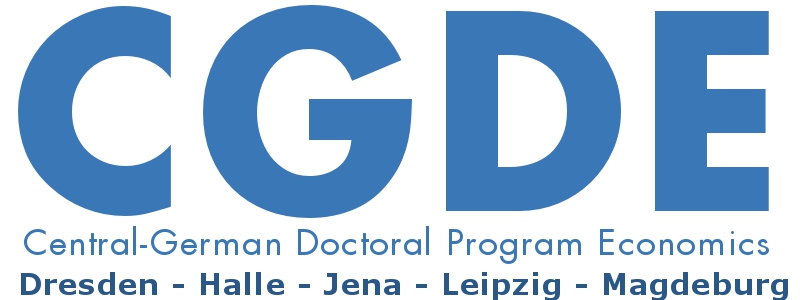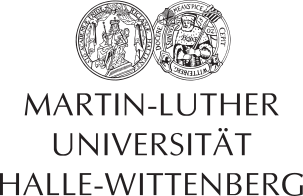Quantitative Methods for Public Policy Evaluation
Lecturer: Professor Albrecht Glitz (Universitat Pompeu Fabra)
Date: November 15-18, 2023
Venue: ifo Dresden, Einsteinstrasse 3, 01069 Dresden
Registration: until October 31, 2023 via email: yvonne.bludau@tu-dresden.de
Announcement and List of References: pdf
Required Activities
Theory and practical sessions.
Overview and Objectives
The main challenge for policy evaluation is to establish a causal link between interventions and outcomes. The objective of this course is to introduce the main econometric approaches used in the evaluation of public policies: randomized evaluations, natural experiments, the regression discontinuity design, selection on observables, difference-in-differences, and synthetic control methods. The course presents strengths and weaknesses of each approach in terms of internal and external validity. During the theory sessions, each approach will be presented and illustrated with specific examples in the areas of labor economics, health economics, and the economics of education. In the practical sessions, we will replicate the results of a prominent published study for each evaluation approach in Stata. Students are provided the corresponding data and code in advance so they can prepare.
Schedule
Wednesday (15.11.)
11:00-12:30, 13:30-15:00 and 15:30-17:00
Thursday (16.11.), Friday (17.11.), Saturday (18.11.)
9:00-10:30, 11:00-12:30 and 13:30-15:00
Prerequisites
The participants of this course should be familiar with basic concepts of statistics and econometrics that are usually covered in an undergraduate degree in economics.
Course Outline
This course provides an overview of the following quantitative methods:
1. Randomized Controlled Trials (RCTs)
2. Natural Experiments
3. Regression Discontinuity Designs
4. Selection on Observables (Linear Regression, Matching)
5. Difference-in-Differences, Event Studies, Synthetic Control Methods























